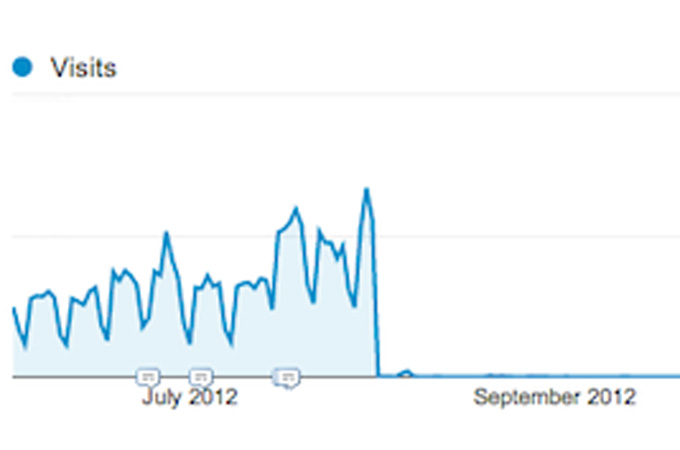Traffic to English and Arabic websites has plummeted since the network aired coverage of protests in August last year.
Last Modified: 18 Mar 2013 14:40

Al Jazeera’s English and Arabic websites
are reported to have been blocked in Ethiopia, raising fresh fears that
the government is continuing its efforts to silence the media.
Though the authorities in Addis Ababa
have refused to comment on the reported censorship, Google Analytics
data accessed by Al Jazeera shows that traffic from Ethiopia to the
English website had plummeted from 50,000 hits in July 2012 to just 114
in September.
Traffic data revealed a similar drop for
the Arabic website, with visits to the site dropping to 2 in September
from 5,371 in July.
A blogger, who cannot be identified
for his own safety, said Ethiopian censors had been targeting Al Jazeera
since the Qatar-based network began airing coverage of ongoing protests
against the way in which spiritual leaders are elected in the Horn of
African nation.
The steep decline in web traffic began on August 2 last year, the same day that Al Jazeera Mubasher aired a forum with
guests denouncing the government's "interference" with Muslim religious
affairs, and three days after Al Jazeera English published an article detailing deadly ethnic clashes between two of the country's southern tribes.
Attempts by Al Jazeera to get an official response from authorities failed.
Poor track record
Ethiopia is ranked 137 out of 179
surveyed nations on the latest Press Freedom Index of Reporters Without
Borders (RSF), an international advocacy group for press rights.
Both RSF and the Committee to Protect Journalists (CPJ) have tied
Ethiopia's deteriorating media environment, in part, to a 2009
anti-terrorism law that has been used to jail 11 journalists since its
ratification.
"The usage and practice of this law is illegal. It has a clause that
makes whoever writes about so-called terrorist groups, which are mostly
normal opposition groups, a terrorist," CPJ's East Africa Consultant Thom Rhodes told Al Jazeera.
"Now it's got to the point that the law is being used to label those
in the Muslim community conducting peaceful protests to defend their
right to choose their spiritual leaders as terrorists. It's a sad state
of affairs."
CPJ says Ethiopia is the second-highest
jailer of journalists in Africa after neighbouring Eritrea, were seven
journalists are currently detained.
Both the RSF and CPJ have expressed
concern over reports that the country has begun using much more
sophisticated online censorship systems over the last year, including
ones that can identify specific internet protocols and block them.
Since Ethiopia's government owns the sole
telecommunications provider in the country, Ethio Telecom, it allows
authorities to tightly control internet freedom.
No comments:
Post a Comment